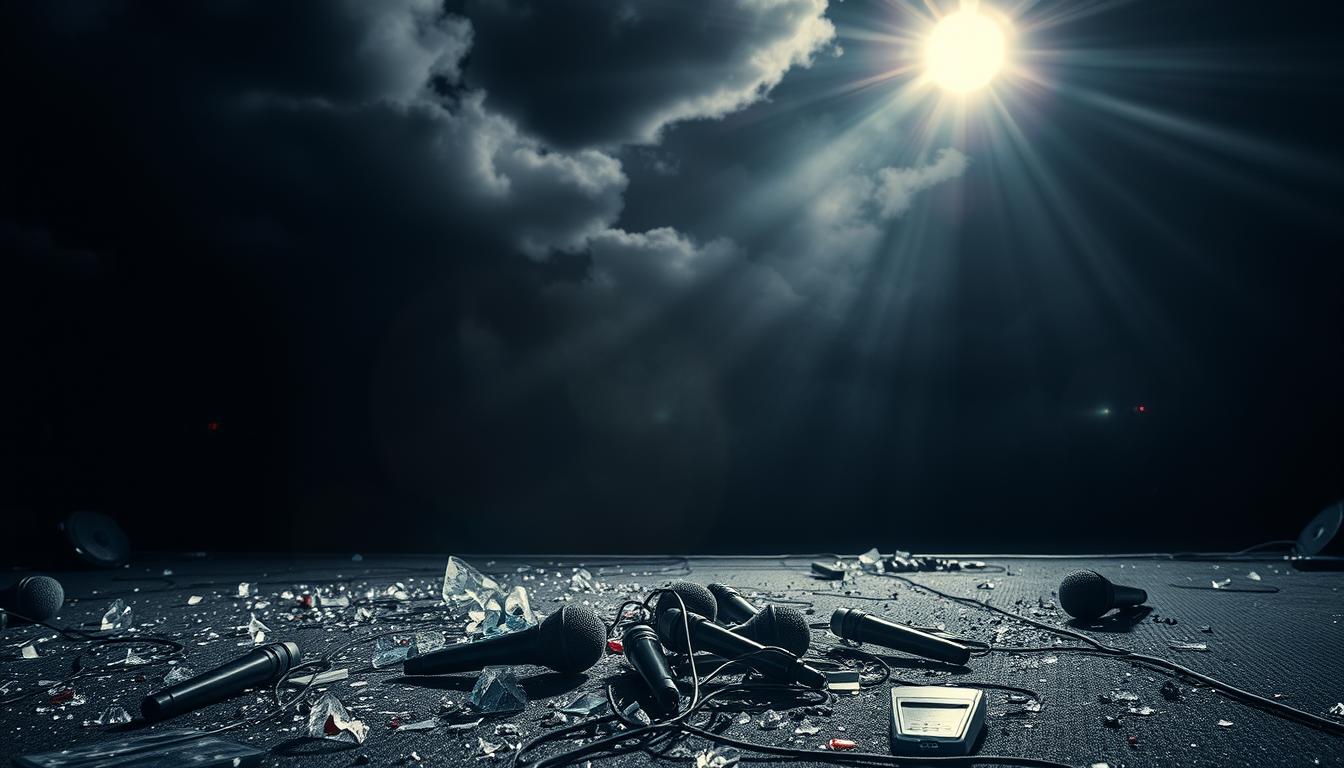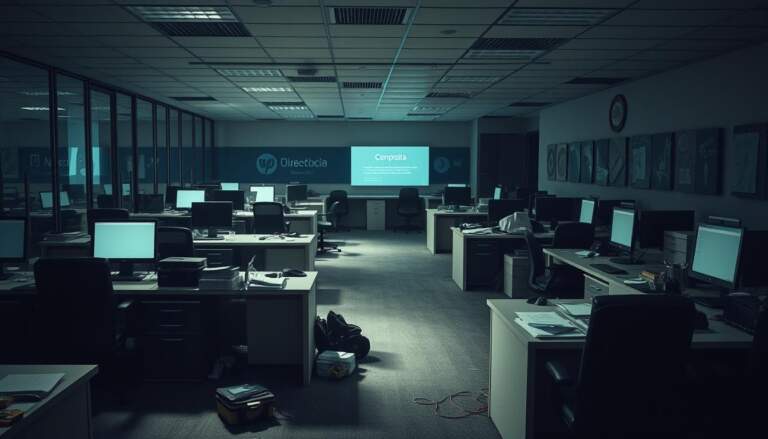In the spotlight of fame, every soundbite can ignite a firestorm. Recent events have unfolded, showing that no celebrity is immune to the perils of public scrutiny, where controversial comments can quickly escalate to widespread celebrity backlash. From the sporting arenas of international competitions to the social feeds of acclaimed actors, divisive words have led to polarizing interviews and a domino effect of consequences. As these individuals grapple with their new reality, the public reminds us that notoriety doesn’t shield one from the court of public opinion or the tangible implications on a career path.
The rise of social media has arguably amplified the voices of both condemnation and support, rerouting the narrative in instantaneous waves of tweets and posts that hold the power to turn tides. As the echo chamber grows, it is fascinating to observe how some celebrities navigate the storm of controversy, often resulting in a complex dance between admittance and defiance, apology, and doubling down.
Key Takeaways
- Controversial comments by celebrities can lead to instant and severe public criticism.
- Platforms like social media have significant influence in amplifying public perception and reaction.
- The impact of celebrity backlash extends beyond online reactions, affecting personal lives and careers.
- Celebrities often find themselves at a crossroads of public opinion following polarizing interviews.
- Fans and followers can play a key role in either supporting or criticizing celebrities amid controversies.
- How celebrities respond to backlash can shape their future reputation and relationship with the public.
The Public Pivot: Rachael Gunn’s Redemption from Olympic Ridicule to Cover Girl
The journey of Rachael Gunn, from her controversial Olympic debut at the Paris Olympics to gracing the cover of Stellar magazine, encapsulates a tale of public backlash and unparalleled personal resilience. Rachael’s experiences in the breaking sport spotlight, marred initially by what many considered a disrespectful performance, have since transformed into an inspiring narrative of redemption and support.
Breaking Boundaries and Facing Backlash
In her first appearance on the Olympic stage, Rachael Gunn faced considerable challenges. Not scoring a single point in her break dancing matches, Gunn was thrust into an international outcry, with many questioning her respect for the Olympic spirit. Despite the severe Olympic backlash, her public support never wavered, particularly noticeable through an empowering quote featured on Stellar magazine: “You did not bring me down. You did not succeed. I still stand by what I did.” This bold statement highlighted Gunn’s fortitude and commitment to her craft amidst adversity.
Support Amidst Criticism: Rachael’s Resilience
Facing tremendous criticism, Rachael Gunn took to Instagram to share her side of the story, outlining the rigorous preparation she undertook and her dedication to breaking sport. She found solace in personal resilience and the encouragement from close ones, reinforcing her pride in representing her country and advocating for breaking’s place in the Olympics. Her Instagram response reaffirmed her steadfastness and the genuine passion she holds for her sport, despite the surrounding controversies.
A New Chapter: Opportunities and Endorsements Post-Olympics
The wave of Olympic backlash, ironically, pivoted towards a surge in opportunities for Rachael Gunn. Post-Olympics, her academic career burgeoned as she continued lecturing at Macquarie University, and her reality TV opportunities sparked, thanks to her newfound fame. Climbing to the top of the world rankings, Gunn solidified her status as the world’s number one breaker. This new chapter not only restored her public image but also magnified her influence in the sporting world and beyond. Though breaking sport will not be included in the upcoming 2028 Olympics in Los Angeles, Gunn’s legacy and her profound impact on the sport remain undisputed.
Statements and Consequences: How Interviews Can Ignite Firestorms
In an era where every word uttered by a public figure can go viral, celebrity interviews have become minefields. The recent uproar surrounding Liam Neeson’s retirement announcements from his demanding action movie careers is a pertinent example. In an exclusive with People Magazine, Neeson cited the intense physical demands and age as factors in his decision, resonating with audiences who appreciate a star’s transparency but also sparking discourse on ageism and the sustainability of such vigorous roles. Neeson’s acknowledgment of his and his stunt double’s limitations is not just a personal revelation but a nod to the shifting sands in Hollywood standards.
In a similar vein, celebrities wielding their influence on political discussions can lead to significant reverberations. Taylor Swift’s endorsement of Vice President Kamala Harris resulted in Elon Musk’s controversial comments, prompting criticism from figures like Hillary Clinton, who highlighted the misogyny inherent in the worldview of Trump and his allies1. This exchange illustrates how Swift’s political statements, which angered Trump, leading to public disparagement from the former President on social media1, can set off a firestorm, reflecting divisions not just in opinion but also in the dynamics of culture and power.
Meanwhile, over in India, Kangana Ranaut’s contentious advocacy for the return of the repealed farm laws has spun a web of political controversy necessitating BJP’s strategic maneuvering amidst multiple crises2. Her celebrity status that once was an asset for the BJP has now become a double-edged sword, with her unpredictable remarks often putting the party on the backfoot as it weighs the potential risks against the potential alienation of her substantial social media following2. Each utterance thus acts as a catalyst, influencing not just public conversation but also the internal dynamics of political parties approaching crucial elections.
Whether it’s in the realm of cinema or politics, these recent examples underscore the weight of the spoken word in the age of digital omnipresence. From Liam Neeson’s graceful bowing out of a genre to personal and political stances of stars like Swift and Ranaut, interviews are more than just a peek into the lives of the rich and famous; they are reflective of society’s evolving fibers12. As Neeson projects the end of his action-packed movie roles by the following year, and political climates are influenced by celebrity opinions, it’s clear that every statement has the potential to ignite a conversation, if not a conflagration.
FAQ
What typically triggers public criticism and celebrity backlash after interviews?
How did Rachael Gunn respond to the international outcry over her Olympic performance?
In what way did Rachael Gunn’s life and career transform post-Olympic ridicule?
What are some examples of consequences faced by celebrities following controversial interviews?
How do celebrities cope with the fallout after expressing unpopular opinions?
Source Links
- Hillary Clinton Scorches Elon Musk For ‘Rotten And Creepy’ Comments To Taylor Swift – https://www.huffpost.com/entry/hillary-clinton-elon-musk-taylor-swift-rotten-creepy-remarks_n_66e999fbe4b06998fbed2fc6
- Kangana Ranaut: A BJP Asset or Liability? – https://www.linkedin.com/pulse/kangana-ranaut-bjp-asset-liability-soumitri-das-swusc



